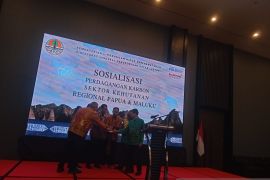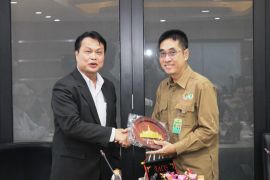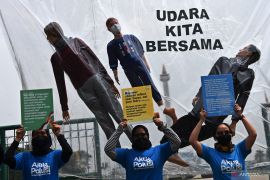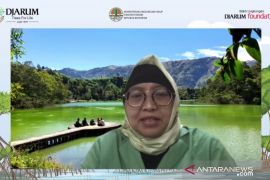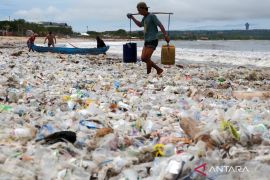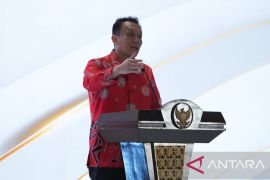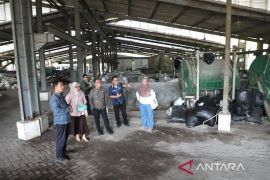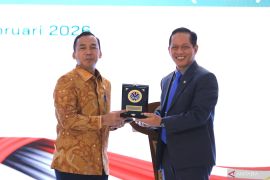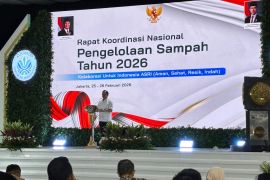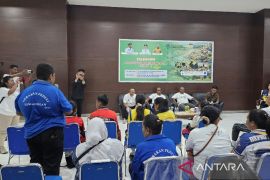The strategy is targeted at realizing the ministry's commitment to further accelerating the circular economy and achieving the target of zero waste in 2050.
"The key is a circular economy to prevent waste from going to landfills. In the end, we aim for zero waste and zero emission," the ministry's director general of waste, garbage, and hazardous toxic material management (PSLB3), Rosa Vivien Ratnawati, noted in a statement received here Saturday.
Based on data from the Directorate General of PSLB3 in 2022, the KLHK Ministry noted that 64 percent of the waste had been successfully managed out of a total of 68.5 million tons of national waste dominated by food, plastic, and paper waste.
Earlier, the ministry, through Minister of Environment and Forestry Regulation Number 75 of 2019, suggested a roadmap for waste reduction by producers, with a target of reducing waste by 30 percent by 2030.
"That regulation is one of the government's efforts to reduce the volume of waste in Indonesia," Ratnawati affirmed.
This reduction target is carried out by, among other things, encouraging bottled drinking water producers to change their mini-shaped product designs to be larger to a size of 1 liter, to make waste management easier.
In addition, producers are urged to implement an accountability mechanism for products in plastic packaging that are sold, when the product later can become waste or Extended Producers Responsibility (EPR).
According to Ratnawati, the ministry continues to encourage business owners to simplify the management of plastic waste by increasing the product size or sizing up in order to accommodate waste collection and waste reusing through the recycling process.
Earlier, the Sustainable Waste Indonesia (SWI) agency issued a report stating that of the total national waste per year, plastic waste dominated five percent, or 3.2 million tons of total waste.
Of the 3.2 million tons of plastic waste generated, branded bottled water contributed to 226 thousand tons, or 7.06 percent. As much as 46 thousand tons, or 20.3 percent of the total waste generated from branded bottled water is bottled water in plastic glass packaging.
In addition, plastic bottled water measuring under one liter, such as plastic cups, had been proven to be very difficult to collect, with little value for recycling.
SWI, in its report, also stated that the recycling rate of plastic waste in Indonesia has only reached seven percent, with the type of PET plastic that is commonly used for bottled and gallon bottled water reaching a 75-percent recycling rate.
This type of PET plastic is a soft drink packaging that contributes greatly to recycling, reaching 30 percent to 48 percent of the total income of waste collectors.
Related news: Sarinah first mall to go food waste-free, earns BPN praise
Related news: Two Bali villages win Zero Waste award from Home Ministry
Translator: Subagyo, Resinta Sulistiyandari
Editor: Rahmad Nasution
Copyright © ANTARA 2023

